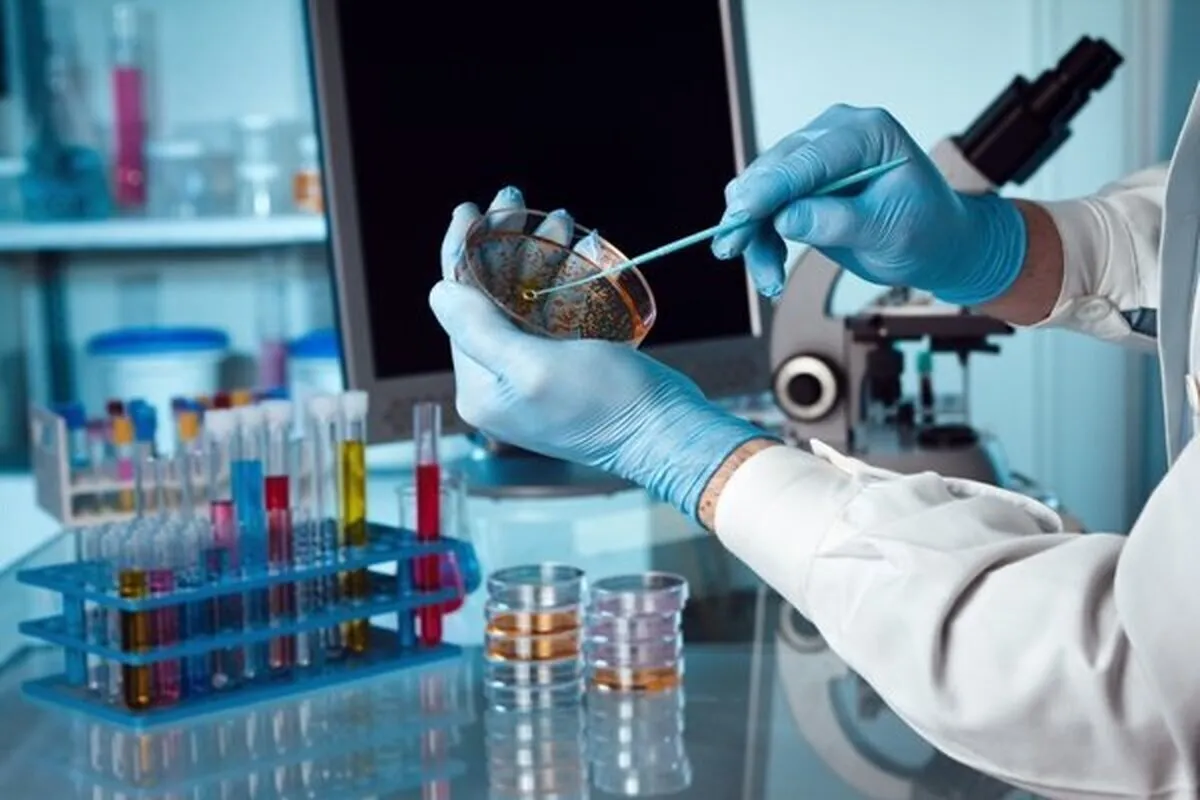Islamic Azad University Produces Quality Control Diagnostic Kits for Recombinant Drugs

“After two years of research, development and validation, this product has been successfully sold to reputable pharmaceutical companies in Iran, and the consumption rate of this test is 80,000 reactions per year,” said Hamidreza Samadikhah, a faculty member of Islamic Azad University’s Central Tehran branch and the head of the research institute of tissue engineering and regenerative medicine.
He noted that given the launch of production line of this product, the research and development process will be provided for different types of prokaryotic and eukaryotic hosts.
“The amount of host DNA contamination in recombinant protein drugs is detected with an accuracy of 10 picograms, which is based on the international standards,” Samadikhah said.
Recombinant pharmaceuticals are created by inserting genes from one species into a host species, often yeast or bacteria, where they do not naturally occur.
Recombinant DNA technology involves using enzymes and various laboratory techniques to manipulate and isolate DNA segments of interest. This method can be used to combine (or splice) DNA from different species or to create genes with new functions.
4155/v





















